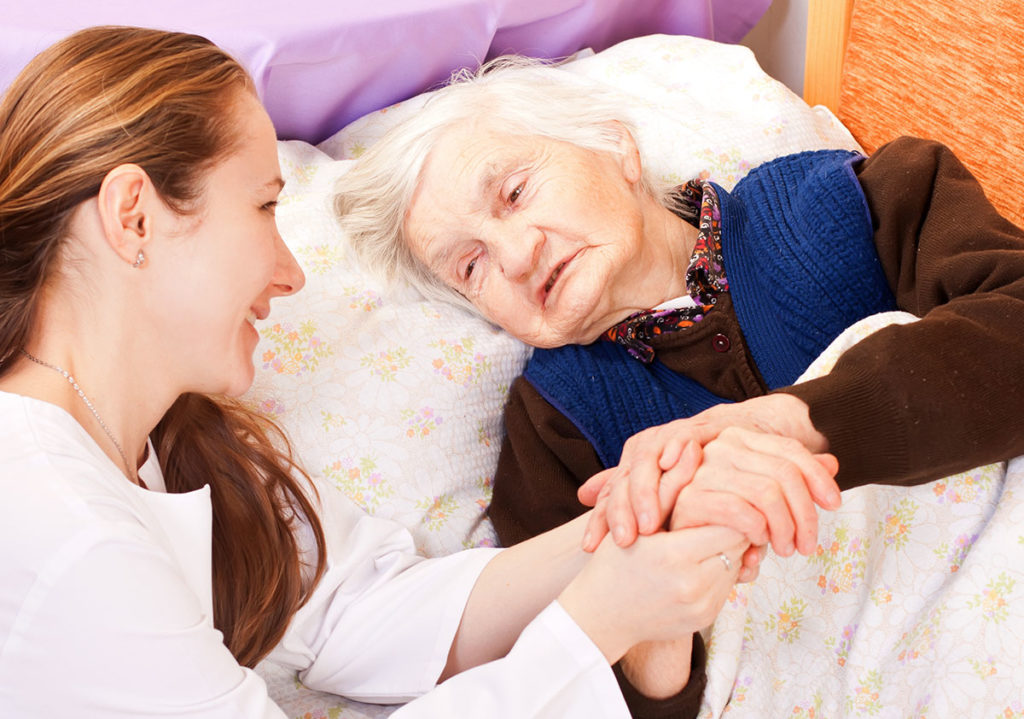Malnutrition is a cause and consequence of disease, and affects at least 3 million adults in the UK, most of whom live in the community. By helping these vulnerable patients to eat the right types of food rather than use inappropriate supplements, practice nurses can not only help prevent and treat malnutrition, but also save the NHS millions of pounds each year.























